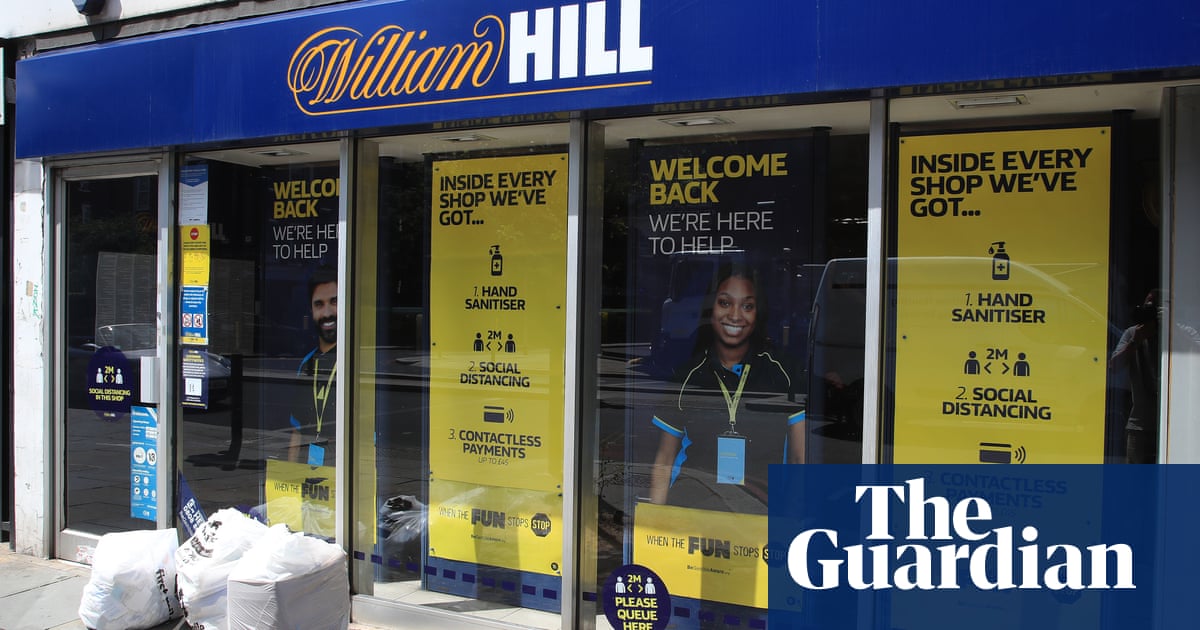The bookmaker William Hill has seen a fast recovery in takings after sports betting resumed, but announced it would not reopen 119 branches closed during the coronavirus lockdown.
The group said it had redeployed the majority of staff at the branches that are closing and only 16 redundancies were expected. The latest closures, representing about 8% of stores, leave William Hill with 1,414 branches.
It plans to repay the government £24.5m in funds claimed to support furloughed workers’ wages, after revealing profits of £141m in the first six months of 2020, thanks to a £200m VAT refund.
Investors were encouraged by the results, with William Hill’s share price closing up 9% 128p.
Bookmakers were forced to close all their branches during the lockdown, with William Hill furloughing 7,000 staff. The absence of major sport around the world led to a big drop in betting activity, and William Hill’s revenues more than halved in the opening weeks of the UK lockdown.
However, large bookmakers’ online operations helped to cushion the blow. People who gamble regularly online did so just as often or more frequently during the lockdown, despite the lack of sporting fixtures, according to a survey by the polling company Survation in April.
The return of sporting competition such as Premier League football on 17 June meant much of the revenue affected by lockdown was delayed rather than lost, William Hill said.
Total revenues for the half-year were down by nearly a third to £554m, but revenues were flat year on year when adjusting for closed stores in the last two weeks of June. Favourable sporting results such as the outsider victory in the Derby also helped boost profits.
Ulrik Bengtsson, William Hill’s chief executive, said he was delighted by the company’s performance and wanted to pursue further growth for the business, particularly in the US as sports betting is deregulated there.
“Our trading was strong before Covid-19, we controlled costs effectively during lockdown and we have recovered well post-lockdown, with good performances in our online businesses throughout the first half,” Bengtsson said.
